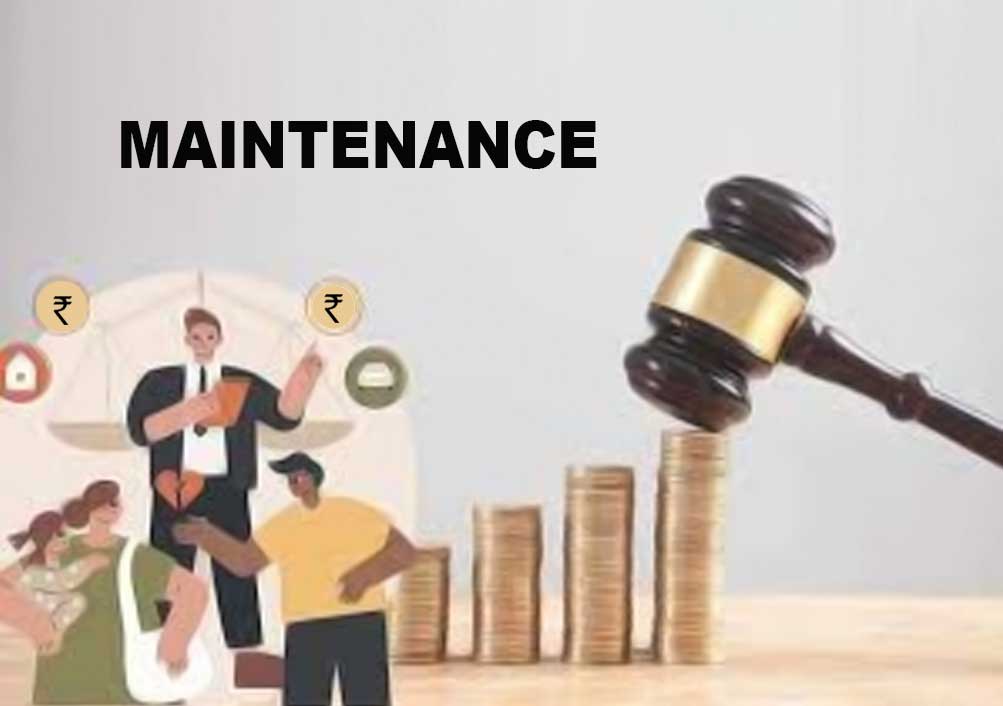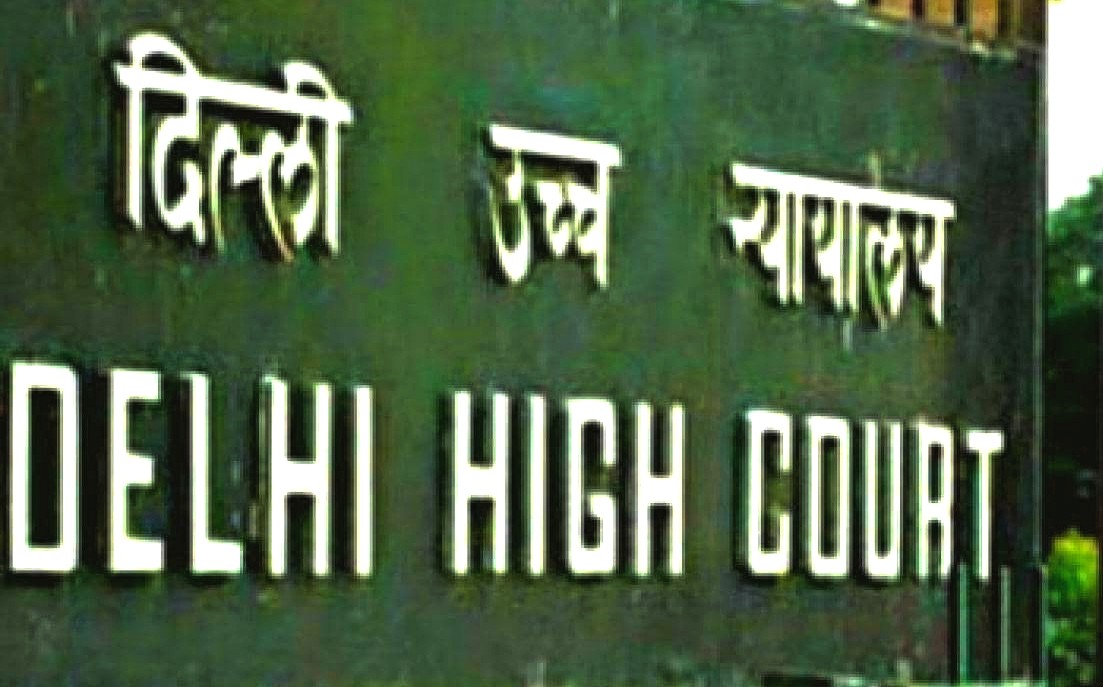In CRWP-1324-2022-PUNJ HC- Likelihood of committing crime while on furlough would not be sufficient ground for denying temporary release as mere likelihood is not to be taken as apprehension of threat to security of State or maintenance of public order: P&H HC
Justices Tejinder Singh Dhindsa & Deepak Manchanda [20-10-2022]

Read Order: SURENDER @ CHOTI V. STATE OF HARYANA AND OTHERS
Monika Rahar
Chandigarh, November 4, 2022: The High Court of Punjab and Haryana has held that to enable the inmate to maintain constructive hope and active interest in life, statutory provisions have been made for granting furlough to a prisoner and if the same is denied for the undue reasoning, which are beyond the means of the prisoner, the very purpose of the statute making the parole or furlough would be frustrated and shall become a dead letter.
“Temporary Release Acts envisage the temporary release of convicts. The mere fact that the person is convicted for an offense does not mean that he may abscond or commit a crime if released on furlough. It is always open to the authorities to impose stringent conditions to guard against such eventualities”, asserted the Division Bench of Justice Tejinder Singh Dhindsa and Justice Deepak Manchanda.
“... the likelihood of committing a crime while on furlough would not be sufficient grounds for denying temporary release as the mere likelihood of committing a crime is not to be taken as an apprehension of a threat to the security of the State or maintenance of public order”, the Bench expounded.
The instant petition was filed against the order of the sixth respondent vide which the application for grant of furlough to the petitioner was declined on the ground that the petitioner fell into the definition of a 'Hard-Core prisoner' under Section 2 (aa) (ii) of the Haryana Good Conduct Prisoners (Temporary Release) Act, 1988. The petition also sought directions to the respondents for granting furlough to the petitioner under Section 4 of the Act of 1988.
The petitioner was convicted and sentenced to undergo life imprisonment in case an FIR registered under Section 302, 201, 120-B of the IPC and Section 25 of the Arms Act and the conviction was challenged vide an appeal which was lying admitted before this Court.
When an earlier request for a grant of 21 days of furlough was declined, the petitioner approached the High Court which directed the sixth respondent to decide the prayer. In compliance, the sixth respondent, vide the impugned order rejected the furlough application of the petitioner on the ground that petitioner was covered under the ‘Hard-Core’ category mentioned under Section 2 (aa) (ii) Of the Haryana Good Conduct (Temporary Release) Amended Act 2013, wherein total 77 cases had been registered against the petitioner, out of which he had undergone sentence in 29 cases, acquitted in 29 cases and was on bail in 17 cases. Further in two cases he was awarded life sentence and apart from these cases, he underwent sentence in many other cases.
The petitioner’s mother applied for 21 days of furlough on the ground of her old age (73 years) and deteriorating health conditions as also on the ground that the petitioner’s wife and his 15-year old daughter were living on their own and there was no one to take care of them.
The rejection via the impugned order was not found by the Court to be just.The Bench opined in this respect,
“The impugned order.. has been passed under section 2(aa)(ii) of the act which says that any prisoner, who during a period of five years immediately before his conviction has earlier been convicted and sentenced for the commission of one or more offences mentioned in Chapter XII or XVII of the Indian Penal Code, 1860 (Central Act 45 of 1860), except the offences covered under the clause (i), whereas the perusal of the custody certificates annexed with the petition as well as with the reply reveal that the offences in which the conviction has taken place do not fall within the necessary parameters, as in FIR…, wherein the petitioner is currently undergoing sentence and in other cases there is no sentence post-conviction, therefore the requirement of 12 months stands unmet. ”
Further, the Bench added that furlough mentioned in the Act of 1988 means temporary release from custody of a convicted prisoner as an incentive on account of his good behavior and conduct and such period (of furlough) may count towards the awarded sentence subject to the condition as specified in this Act or rules made thereunder.
In the present case, the Bench observed that the respondent authorities did not disclose any such incident where they noticed or found bad behavior in the conduct of the petitioner during his custody as a convicted prisoner, rather his conduct was found to be satisfactory and the jail authority declined to decide his furlough application on the ground that he was a convict of Haryana State, therefore his furlough application was to be decided by the competent authority of the State of Haryana.
Further, the Bench observed that though the petitioner was denied furlough because he was a hard-core criminal and the respondent showed apprehension of commission of crime by him on being released on furlough, the same could not be accepted.
“The likelihood of committing a crime while on furlough would not be sufficient ground for denying temporary release as the mere likelihood of committing a crime is not to be taken as an apprehension of a threat to the security of the State or maintenance of public order. Temporary Release Acts envisage the temporary release of convicts. The mere fact that the person is convicted for an offense does not mean that he may abscond or commit a crime if released on furlough. It is always open to the authorities to impose stringent conditions to guard against such eventualities”, the Court held.
The Court thus held,
“We are constrained to observe that a convict or a prisoner is not stripped of his fundamental rights and other legal rights, say those which are inconsistent with his incarceration… The obvious objectives for granting furlough or to enable the petitioner inmate to maintain continuity with his family life and deal with family matters and to save the inmate from the evil effects of continuous prison life…”
In the instant case, the Bench directed the petitioner’s release for a short time by granting furlough for various reasons such as to enable him to return to the outside world to enable continuity with his family life and to deal with family matters as furlough is a part of penal reform. The Court noted that the respondent authorities were not able to cite even a single instance where the petitioner misused any concession if ever granted. The ailing condition of the petitioner’s old mother and the needs of his 15-year old daughter were also taken note of by the Bench.
Thus, to balance the law and equity, this petition was allowed.
Sign up for our weekly newsletter to stay up to date on our product, events featured blog, special offer and all of the exciting things that take place here at Legitquest.




Add a Comment